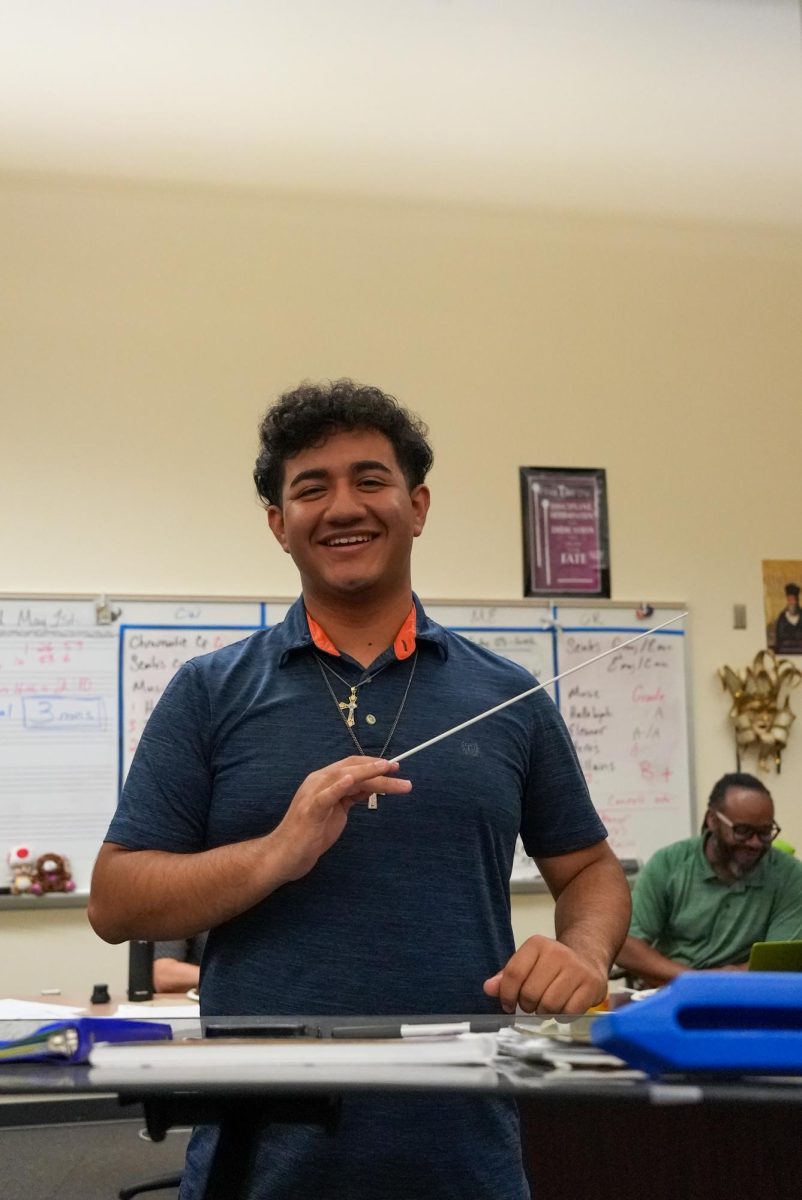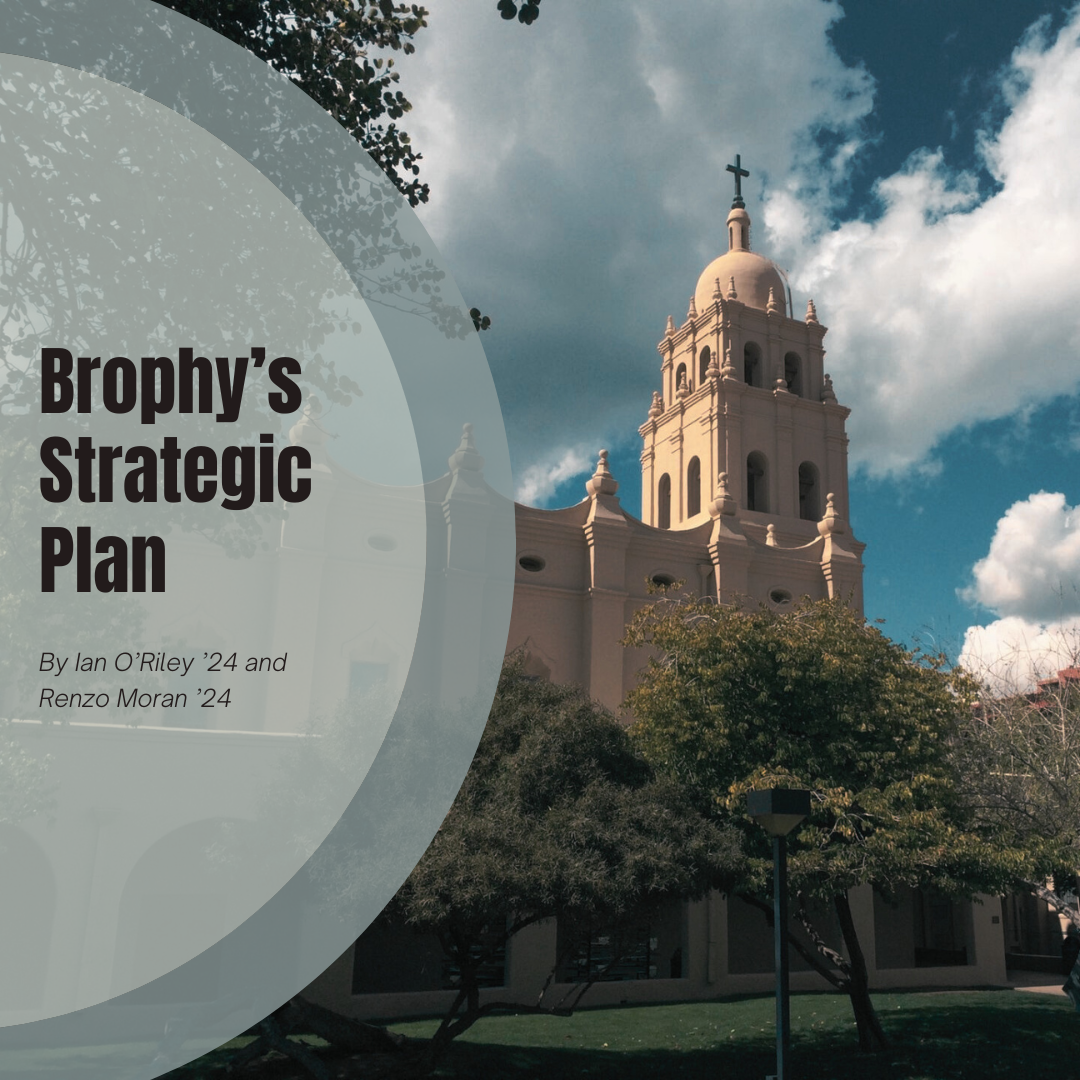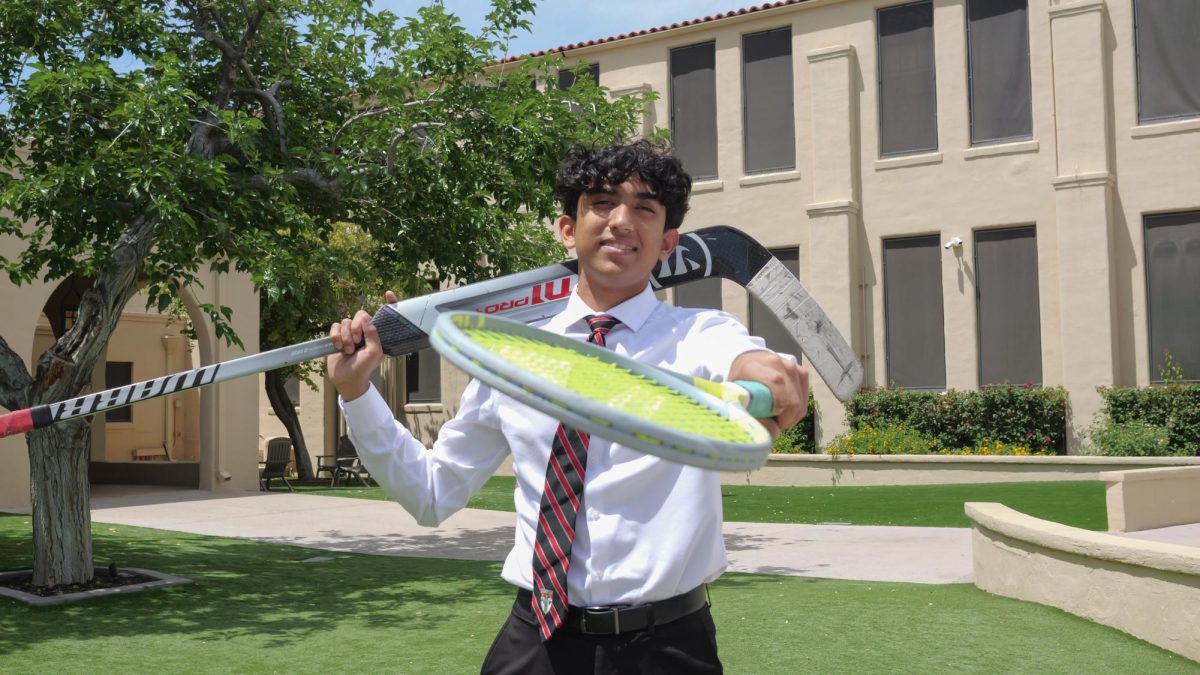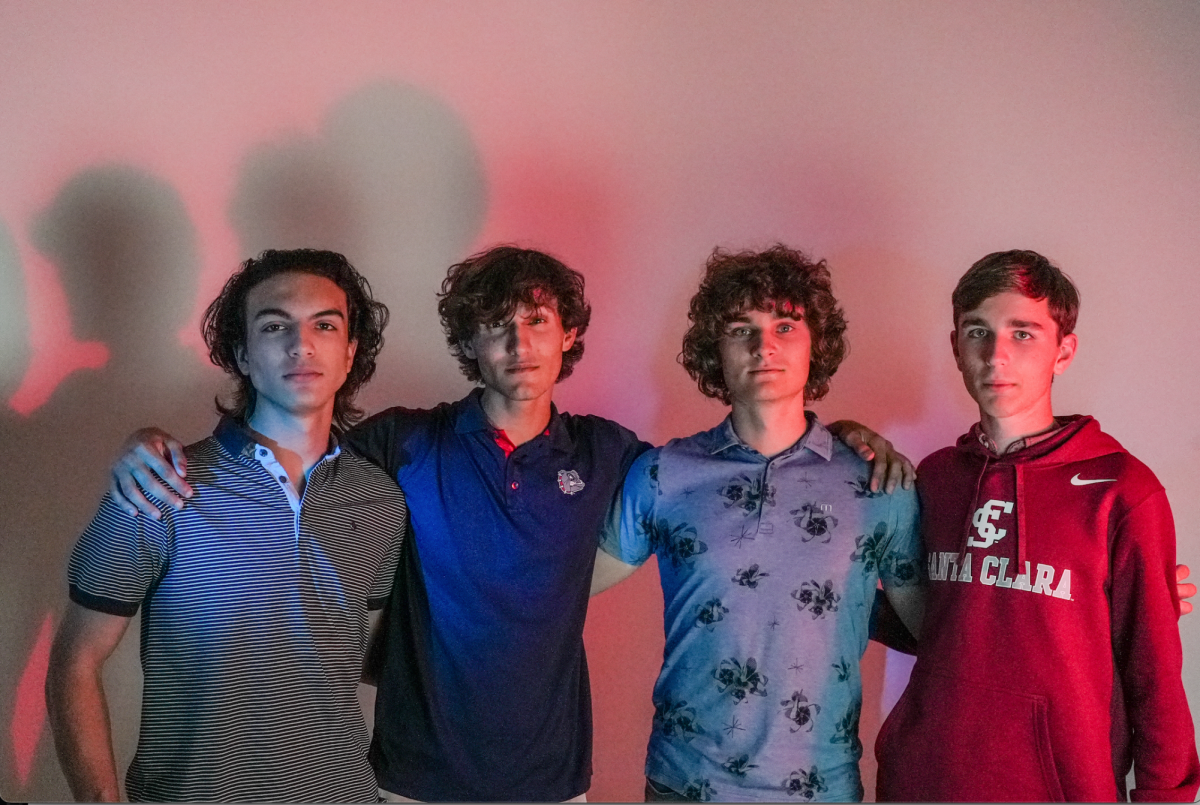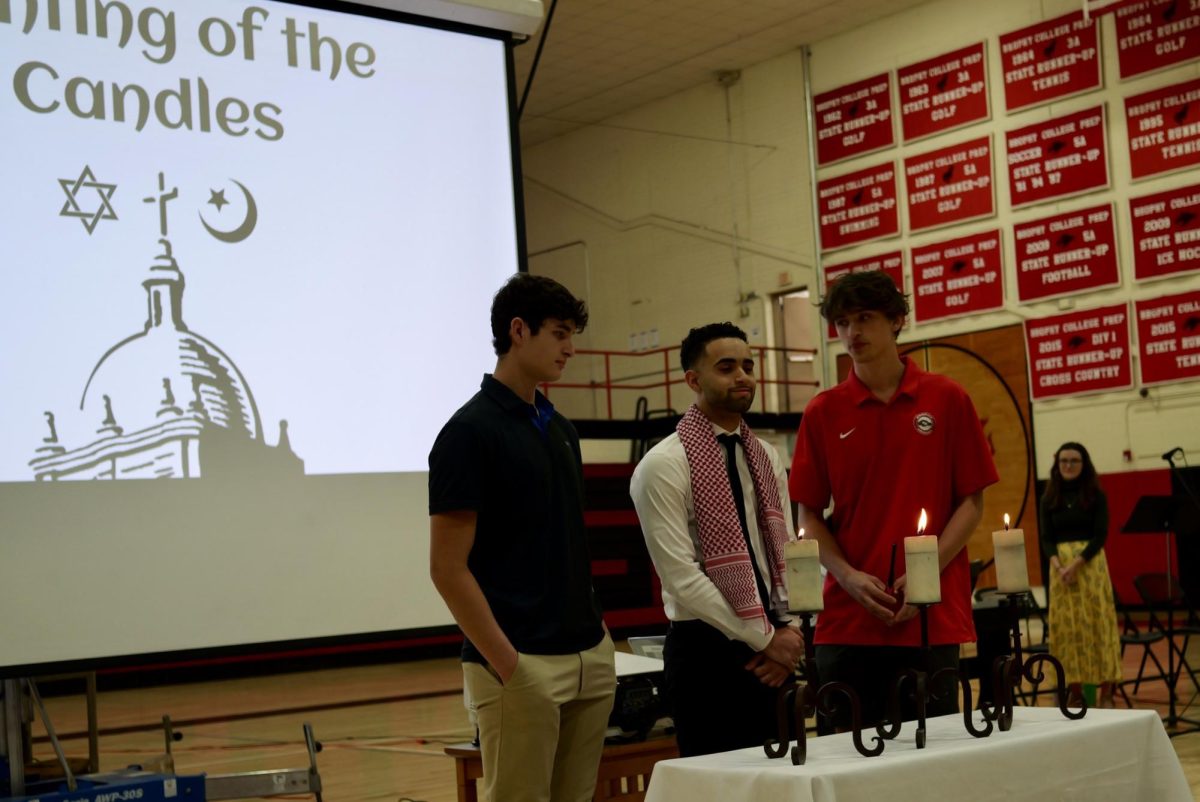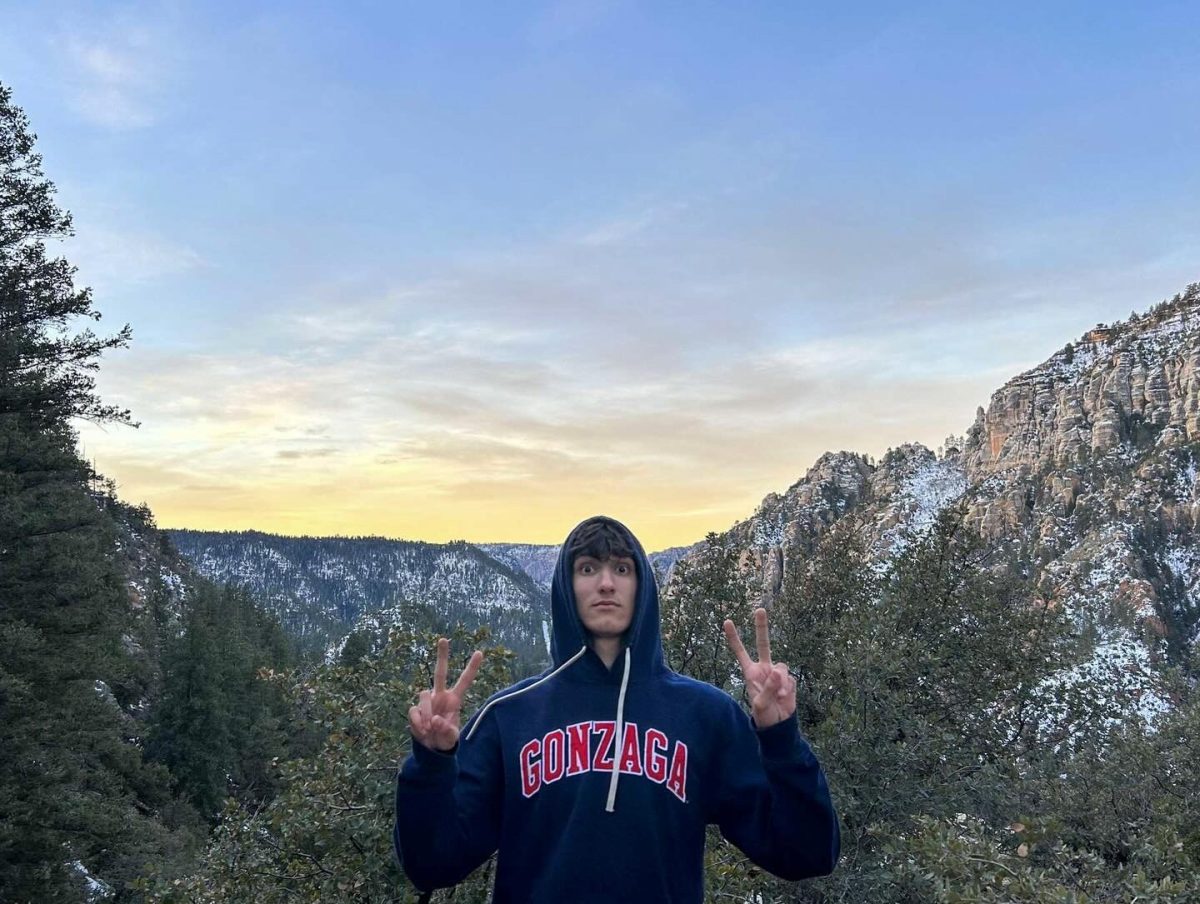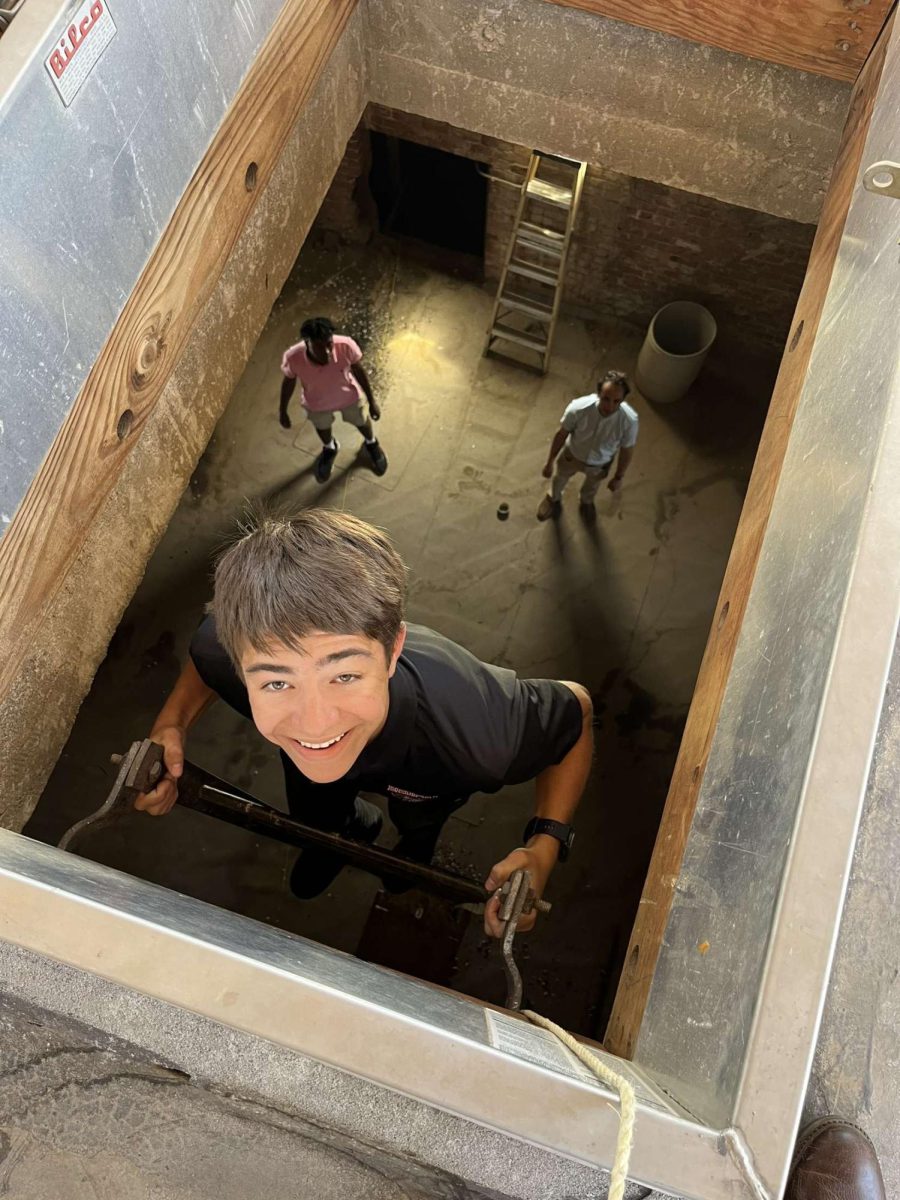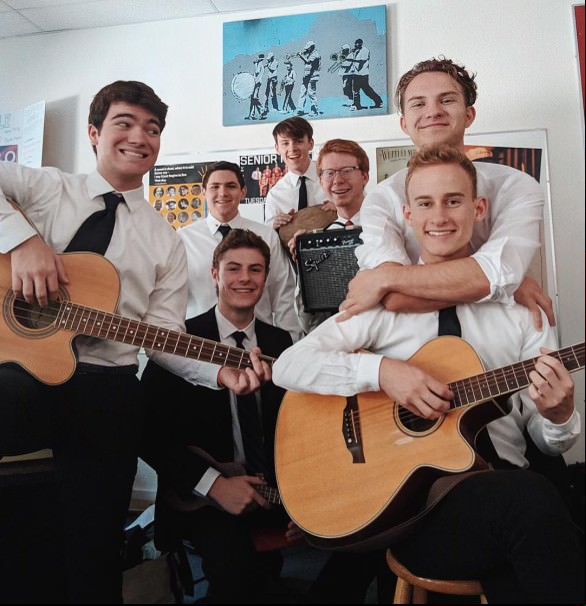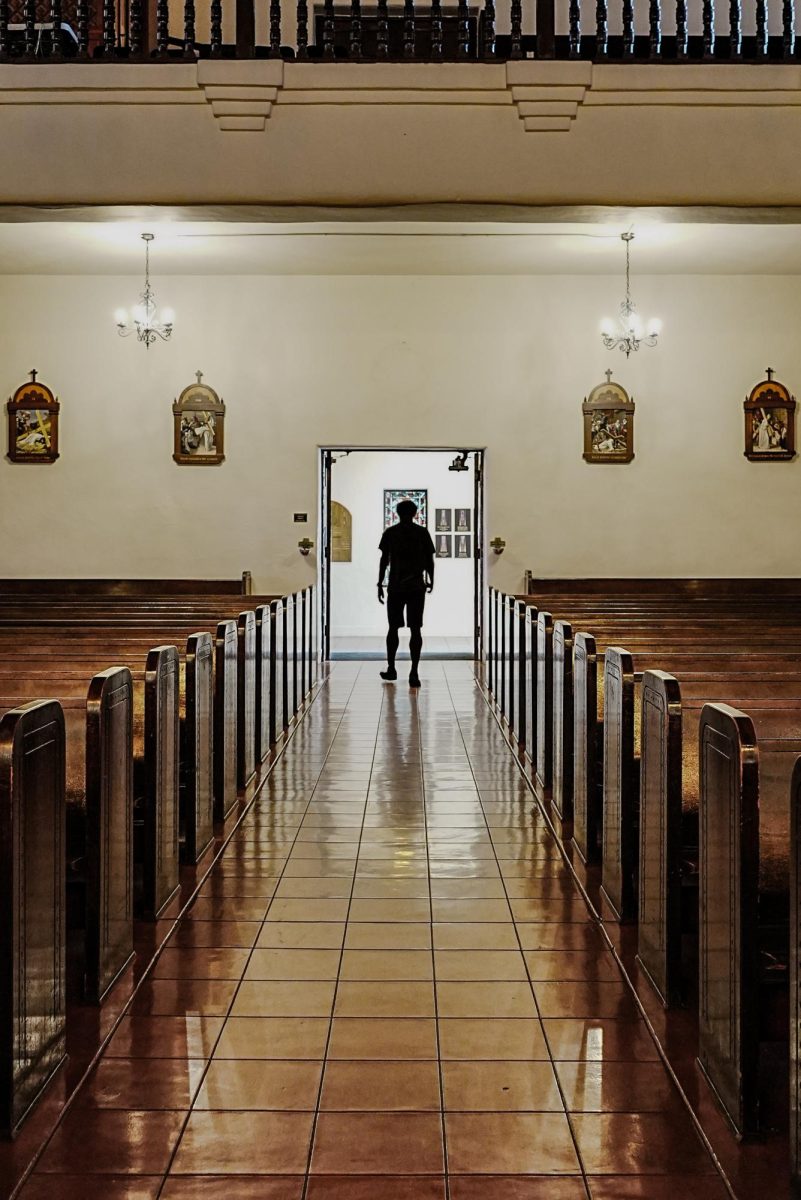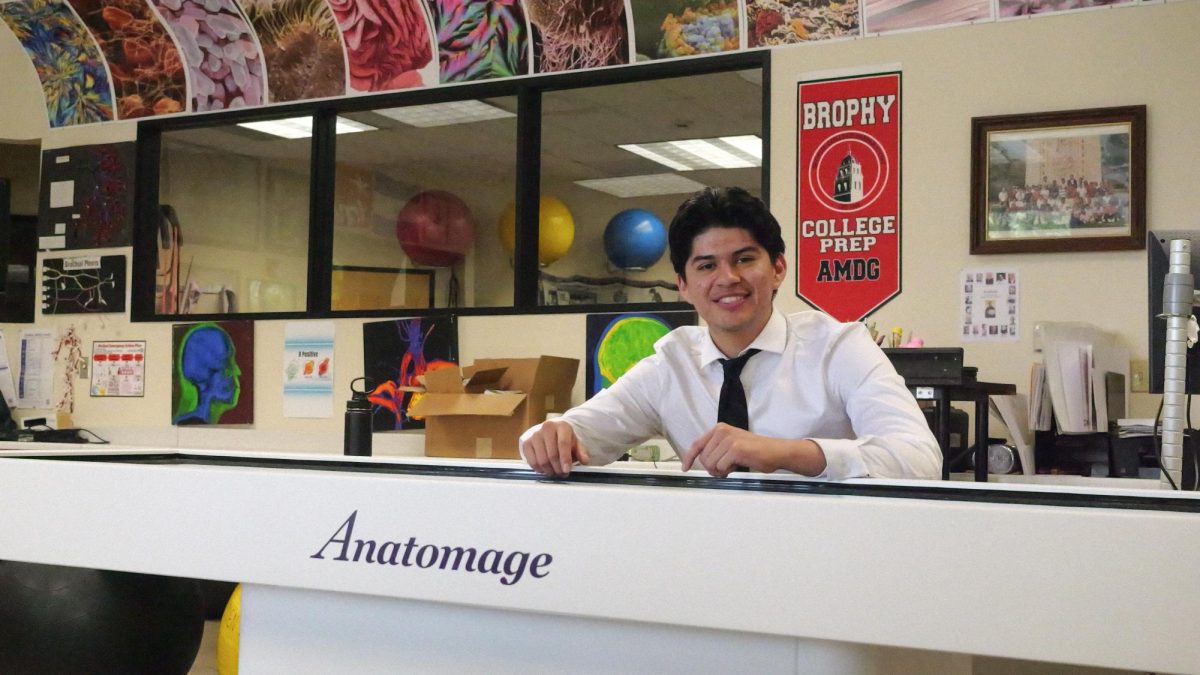Participation in organized religions worldwide has been steadily declining in recent decades. The United States has seen a drastic decrease in the number of people who identify with a mainstream religion and an increase in those who identify as “agnostic” or “nothing in particular,” according to the Pew Research Center.
Director of the Office of Faith and Justice, Mr. Drew Rau ’02, said he attributes this to two main things: “The failureship of organized religious leaders on a moral level… plus an increasingly individualistic society.”
According to Mr. Rau, Brophy has seen a large decrease in the percentage of the Catholic population from 80% in the early 2000s to 60% now. He estimated that about 50% of the current Catholic population at Brophy is observant, meaning that they regularly attend services and make an effort to practice their religion.
He said that part of this statistic may be due to Brophy accepting a more diverse group of people with differing religious backgrounds, although he has also seen a decrease in religious observance in the student body.
He said that there has been a noticeable decrease in religious participation on campus in recent years and that he has seen a drop in observance of Catholic celebrations and customs from those who follow the religion.
Director of Admissions, Mr. Mike Ward, said that applicants have submitted fewer recommendations from religious advisors as part of the admissions process to Brophy. Many families consider themselves to be part of a religion although they don’t regularly attend services or participate as part of a parish, making it harder to get a letter of recommendation and establish a tie to their religion, Mr. Ward said.
“We have seen this really long-term increase, especially in American society in general, of what’s called the nones… also known as spiritual but not religious,” said Mr. Rau. “Undoubtedly, we’ve seen a rise over the last decade… of students who feel that the organized church has less for them.”
This is a trend seen across the country with the percentage of the population identifying as Christians dropping down 12% over the last decade while the percentage of agnostics and nones has grown by 10% according to the Pew Research Center.
Luke Chakmakian ’25, a member of the Young Americans for Freedom, is against partaking in organized religion because he thinks it restricts personal freedom and expression. He said that the lifestyle and associated “group think” often lead to a loss of individuality and creative thinking from the constituents.
“These groups [organized religions], generally speaking, cause a lot of harm and use their opinions to alter policy and governmental style, which forces their way of life onto others,” said Chakmakian when asked about his reason for not feeling any personal affiliation with organized religions.
With scientific answers and reasoning, participation in organized religion just doesn’t seem necessary, said Chakmakian. He said he does believe that many of the older faiths have good moral values although their practices may seem questionable and irrational.
This is a feeling shared by others such as Kamran Darnall-Hirani ’25, a member of an atheist household, and an atheist himself. He is also a proponent of social justice through spreading equality and freedom to all people.
“There’s just not enough evidence of a god or higher being. Organized religion is inherently hierarchical and that I dislike,” said Darnall-Hirani.
According to Darnall-Hirani, the practices of the church and many organized religious groups impede people’s freedoms and liberties even if the intentions may be virtuous. He said that religion oftentimes provides a moral code for people to follow, but it is rarely followed observantly by members, which makes the point of it meaningless to him.
These feelings have become increasingly more common in response to participation in organized religion, and they play a large role in the decreasing percentage of followers that major religions are able to retain.


